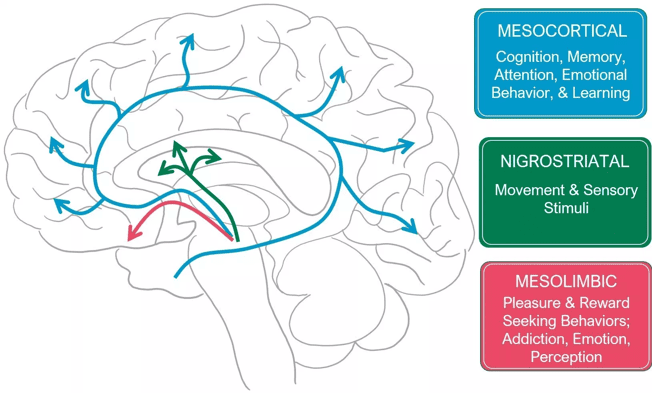A Note About Recovery:
SAFE Project recognizes that recovery looks different for everyone, and that there are many pathways to recovery. Learn more on our “Recovery Month” landing page.
The journey towards recovery from substance use disorder is a complex and challenging process that requires immense strength, support, and understanding. During this vulnerable period, having allies who offer unwavering support can make a world of difference.
Allies play a crucial role in empowering individuals in recovery, reducing stigma, and creating an environment conducive to healing and growth.
We’ve compiled a list of steps on how to become an ally and what it means to be an ally for those in recovery, and how we can contribute to their journey towards a healthier and more fulfilling life.

Step 1: Understand Substance Use Disorder
Before we delve into the concept of allyship, it’s important to grasp the nature of substance use disorder. It affects individuals from all walks of life and can have devastating physical, emotional, and social effects. Substance use disorder is a complex interplay of biological, psychological, and environmental factors, requiring comprehensive support systems to facilitate recovery.
Step 2: Define What Allyship Means to You
Allyship means standing in solidarity with individuals in recovery from substance use disorder and actively working to support and empower them. Being an ally means recognizing the dignity and worth of every person, irrespective of their past struggles, and providing a safe and non-judgmental space for them to heal. It involves offering support, advocating for their needs, promoting inclusiveness, and challenging societal stigmas surrounding addiction.
Step 3: Find Power in Empathy and Compassion
Central to allyship is cultivating empathy and compassion towards individuals in recovery. By seeking to understand their experiences, we can break down barriers and foster genuine connections. Recognize that recovery is a deeply personal and non-linear journey, and each individual’s experience will vary. Listening without judgment and demonstrating empathy can help build trust and create an environment where open communication thrives.
Step 4: Educate Yourself
To be an effective ally, it is crucial to educate yourself about substance use disorder. Learn about the various factors that contribute to addiction, the science behind recovery, and the challenges individuals face during the process. This knowledge will enable you to offer informed support, challenge misconceptions, and combat the stigma associated with addiction.
Step 5: Provide Support
Supporting individuals in recovery requires more than just good intentions; it requires tangible actions. Offer your assistance by providing a stable and safe environment, helping them access resources such as support groups, therapy, or treatment facilities, and assisting with daily tasks or practical matters. Be reliable, dependable, and consistent in your support, as this will contribute significantly to their recovery journey.
Step 6: Advocate and Challenge Stigma
As an ally, you can make a difference by actively challenging the stigma surrounding addiction and advocating for policies that support recovery. Share accurate information, engage in conversations that reduce judgment, and help dispel harmful stereotypes. Encourage others to adopt an empathetic and understanding approach towards individuals in recovery, fostering a culture of acceptance and support.
Being an ally for those in recovery from substance use disorder is a powerful and transformative role. It requires empathy, understanding, and a commitment to challenge societal norms and prejudices. By providing genuine support, educating ourselves, and advocating for change, we contribute to a world where recovery is not only possible but celebrated. Together, we can create an environment that promotes healing, growth, and the well-being of all individuals in recovery from substance use disorder.
Other Resources
Everyday Etiquette for Allies

While the word “etiquette” may sound a bit old-fashioned, its meaning is not: it shows that we value and respect other people and that we want to make others feel at ease.
The Science of Addiction

Addiction affects everyone in the person’s life; family, friends, and coworkers. To combat addiction, we must understand the science behind addiction.




